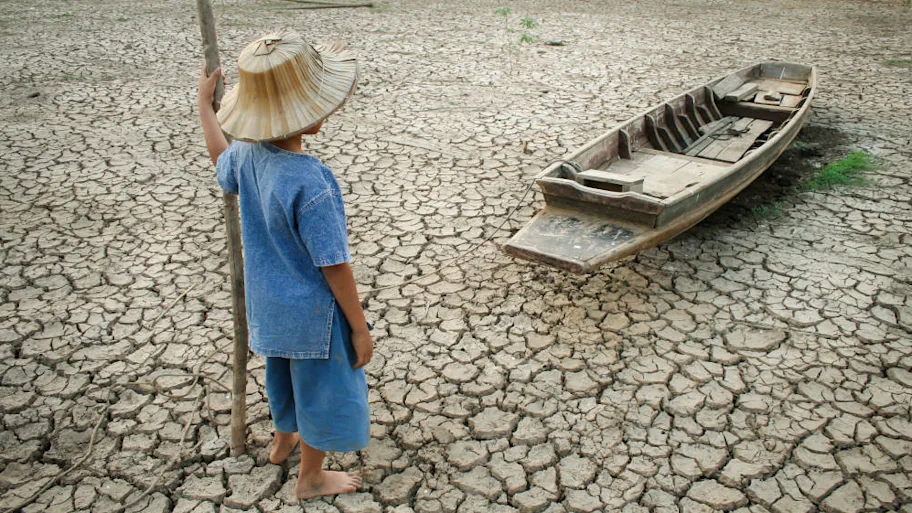
- Science News
- Sustainability
- Prof Mat Collins is inaugural Field Chief Editor of Frontiers in Climate
Prof Mat Collins is inaugural Field Chief Editor of Frontiers in Climate
Frontiers in Climate will assess solutions to help humanity mitigate and adapt to climate change. Prof Collins, will be providing strategic insights into developments in the field of climate research.
Mat Collins is Professor of Climate Change at the University of Exeter and Joint Met Office Chair in Climate Change. He recently led the launch of the Predictions and Projections section in Frontiers In Climate. He will continue to hold the post of Section Chief Editor.

Prof Mat Collins will now lead Frontiers in Climate
How did you get interested in climate change?
My first degree was in Mathematics and when I finished I had no idea what I wanted to do next. My PhD at the University of Reading on modelling the atmosphere of Mars was almost chosen at random as it sounded exciting. After my PhD and a post-doc in Oxford, I joined the Met Office Hadley Centre which was where my research on climate change really started.
What does your current work involve?
I currently split my time between running my research group and a leadership role as Associate Dean for Research in my college. Our current research projects are on the impact of climate change on the hydrological cycle in the tropics, remote impacts of El Niño, decadal variability of sea surface temperature and its impact on Amazon rainfall, and the influence of blocking events on heatwaves. A common theme is the role of atmospheric and ocean circulation in climate change.
What collaborations and institutes have you contributed to?
Too many to remember! The highlight has been my collaborations on reports of the Intergovernmental Panel on Climate Change. Such a diverse group of authors but all completely committed to producing the assessments. We are inviting author contributions to a Research Topic on ‘Knowledge Gaps from the IPCC Special Report on the Ocean and Cryosphere in a Changing Climate and Recent Advances’.
What kind of climate research most excite you at the moment?
Studies which really try to develop a deep understanding of the physical processes responsible for change. That physical understanding is crucial in providing confidence in predictions and projections of climate change.
What does a fantastic climate journal look like?
A high standard of submitted papers, critical peer review, and interesting results. It is also great to see papers from a diverse set of authors in terms of gender, ethnicity, and career stage. Frontiers in Climate is open to all.






